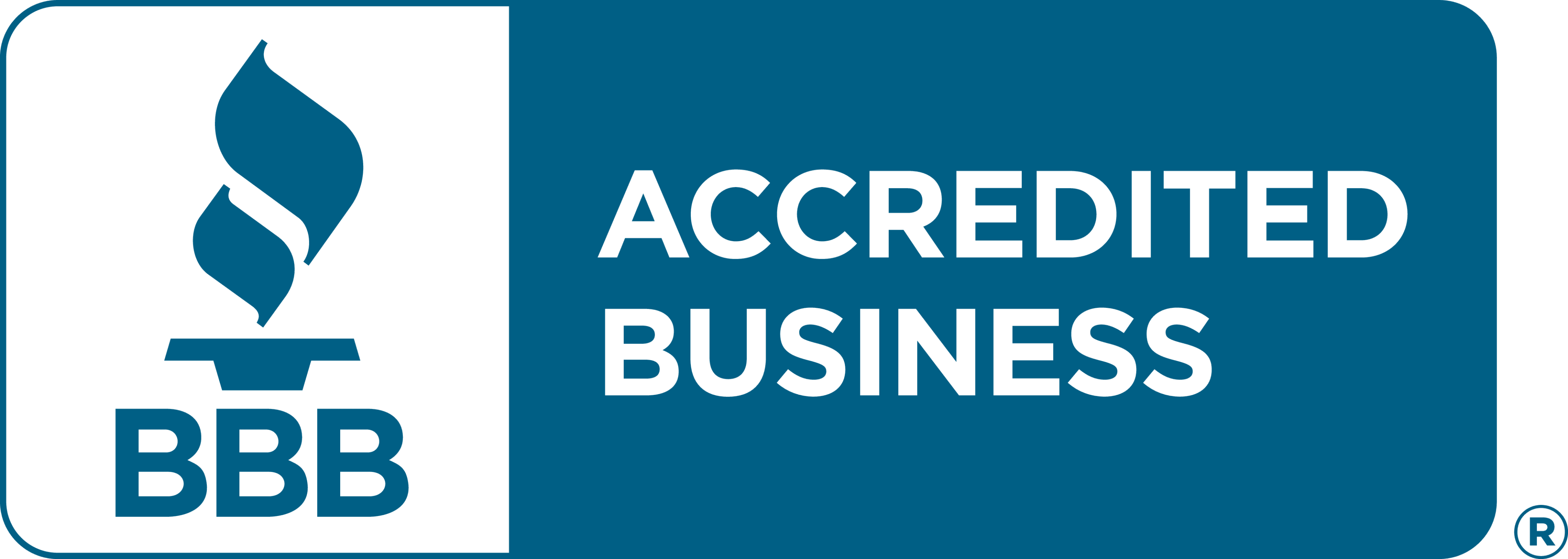Frequently Asked Questions
Q. What is Pressure Washing?
A. Need a heavy-duty solution? Pressure washing uses high-pressure water to blast away tough stains and debris. Perfect for concrete surfaces, driveways, and heavy-duty cleaning projects, pressure washing is a robust choice when you need a deep and forceful cleaning.
Q. Which Method is Right for Me?
A. The choice between soft and pressure washing depends on the specific cleaning requirements, the surface type being cleaned, and the desired outcome. Soft washing is ideal for more delicate surfaces and situations where higher pressure should be avoided in order to prevent possible damage. In contrast, pressure washing is perfect for concrete surfaces, driveways, and heavy-duty cleaning projects. Pressure washing is a robust choice when you need a deep and powerful clean.
Q. How Often Should I Have My Property Cleaned?
A. The frequency of pressure washing or soft washing depends on various factors such as the location, weather conditions, and amount of foot traffic. Coastal environments take a toll on your property, increasing the need for more frequent cleaning. We recommend every six months to one year for your home and every 1–2 months for RVs.
Q. What is Soft Washing?
A. Soft washing is the go-to for preserving the beauty and integrity of delicate surfaces. Say goodbye to potential damage and hello to a sparkling clean surfaces. Our eco-friendly approach ensures a thorough clean without compromising on safety. Our process uses low-pressure water and eco-friendly detergents to gently eliminate mildew, algae and other organic contaminants from your home’s exterior. Ideal for delicate surfaces like vinyl siding, roofs, and painted exteriors, soft washing ensures a thorough clean without causing any damage.
Q. What is the Difference Between Pressure Washing and Power Washing?
A. Although sometimes used interchangeably, power washing adds the additional benefit of hot water to the pressure washing process. This is particularly effective at removing grease, oil, and other stubborn contaminants.
